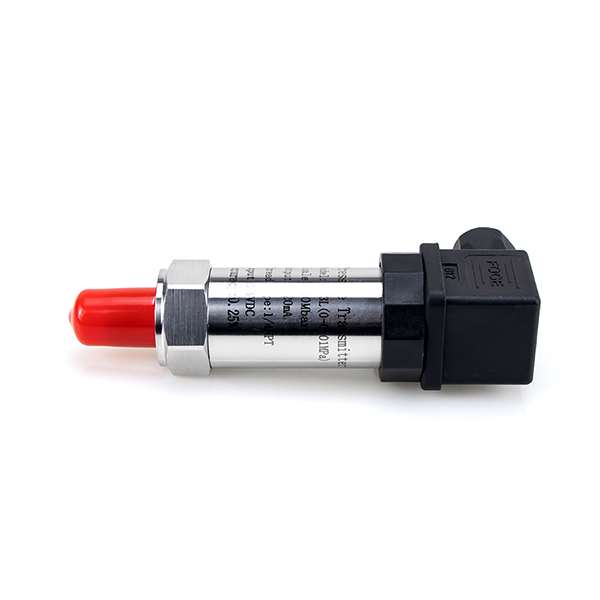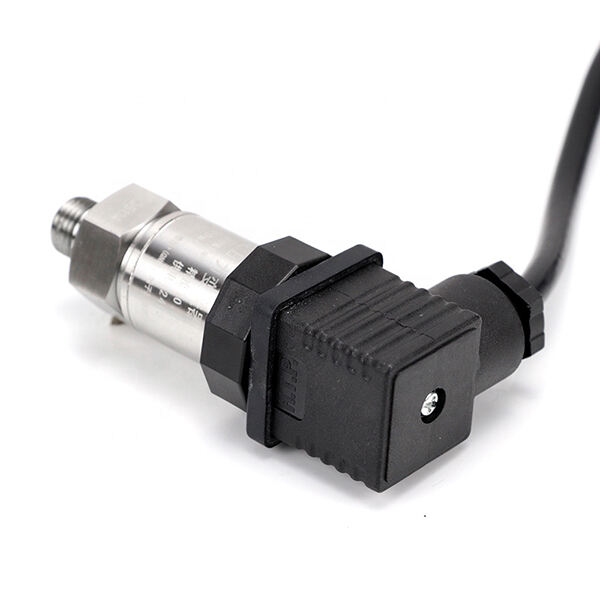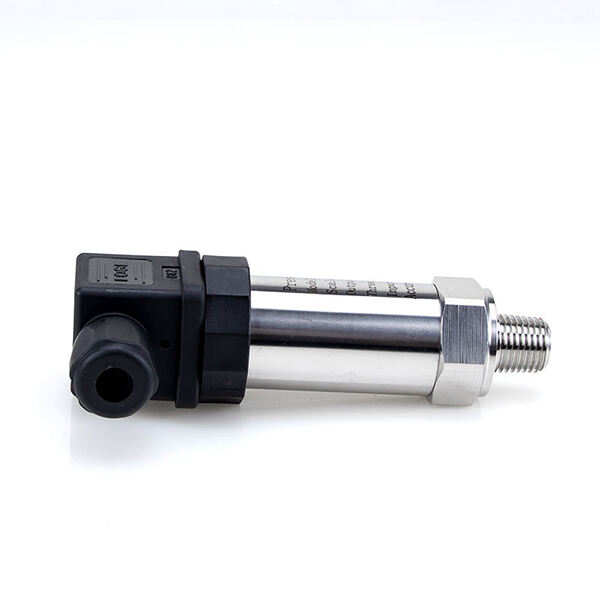Load cell sensors and load cell indicators from SOP are critical to many industries that need accurate measurements. They sense the amount of load/force applied to an object, which means these sensors convert information on force (which could be weight) into electrical signals that can easily interface with various systems for control and measurement applications.
The load cell sensors and the single point load cell from SOP can provide precise and reliable measurements that form the basis for many industrial manufacturing, packaging, medical devices, and food processing applications. These industries benefit from precision and reliability, attributes that load cell sensors deliver and that contribute to the efficiency and quality of operations within them.

The efficiency of the load cell sensor and its linear displacement from SOP depends on different features such as design, calibration, and maintenance. Choosing the suitable load cell sensor for a particular use and periodically calibrating and servicing it is crucial to maintaining proper functioning.

What advancements have been made in load cell sensor technology over the years? Load cells and load cell amplifier from SOP were initially mechanical devices that used the deformation of metal components to measure force. They use different modern technologies, such as strain gauges, piezoelectric crystals, etc., to improve their performance and accuracy.

Load cell sensors and torque cells are used in several industries. They are widely used in the medical field, where they measure force during surgery and rehabilitation exercises. For example, in packaging and logistics, load cells measure the weight of packages for integration into a logistical process. In addition, load cells are used in process control applications in a variety of industries, where they increase productivity and can be employed for quality assurance.
Our company accredited through CE, RoHS, ISO9001 as well other certifications. Before shipment, we examine each product. Additionally, SOP has professional engineers after-sales assistance to resolve load cell sensors and other issues.
We offer a wide range products including linear displacement sensors draw wire sensors LVDT sensors, load cells torque sensors and pressure sensors, magnetic sensors, more. We are able load cell sensors OEM/ODM service in accordance with the requirements of customers.
Customers can select a variety transport services. We provide secure packaging expedited shipping to all of stock items. After shipment you will load cell sensors tracker details.
SOP is a high-tech manufacturer has over 20 years of load cell sensors production and worked with more than 5000 customers around world. It is a well-established company engaged research, development and production of different types of sensors.
The load cell sensor technology has come a long way with innovation and testing, improving other vital things like its type load, accuracy, sensitivity to force, and durability. For example, miniature load cells have become common in applications that demand high precision in small regions. However, these particular sensors are better than most at accurately sensing trim levels of force and straight-line motion - a quality that often fits the needs of medical or aerospace applications.
One such move forward in load cell sensor tech is wireless load cells and shear beam load cells. These sensors reduce the risk of cracks because they eliminate cables. They can also wirelessly transmit data, allowing for remote monitoring and increasing general control capabilities.
You may choose some inappropriate force sensors when selecting appropriate load cell sensors from an industrial point of view, which is an ideal case type. The accuracy level required by your business grounds could be an option, as well as other things like environmental conditions arriving at installation methods. Different load cells, like the load cell 50kg, can be classified by how they perform force measurement, such as compression type, tension/compression types (universal), bending types, and through or shear beam strain gauge load cell. Every kind comes with its own set of advantages and limitations. As such, one needs to make wise decisions according to their application.